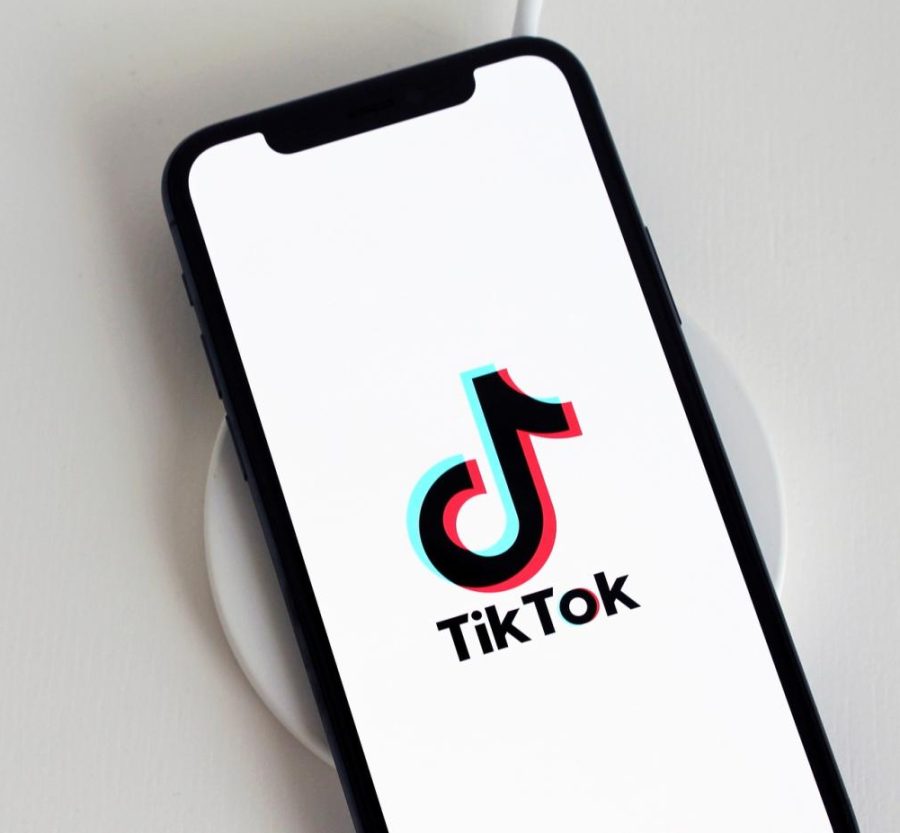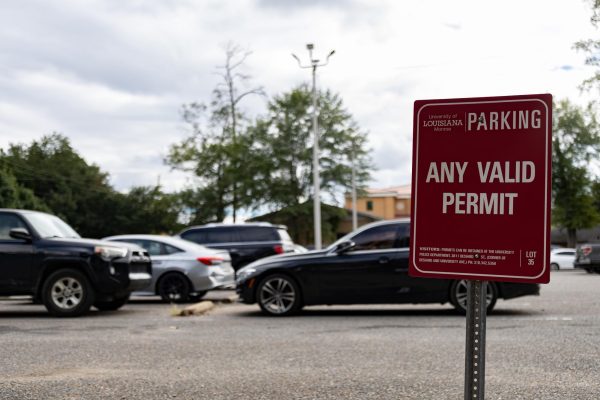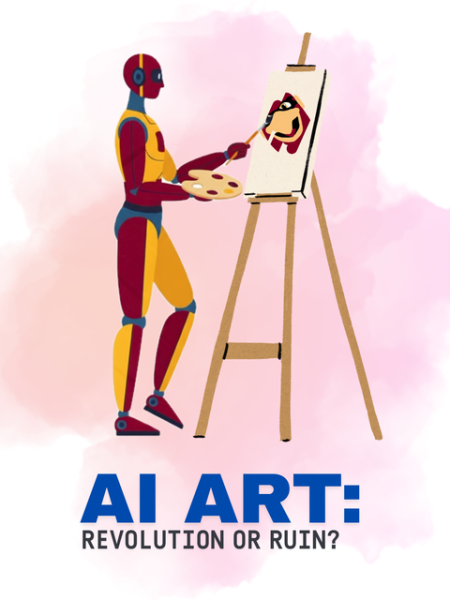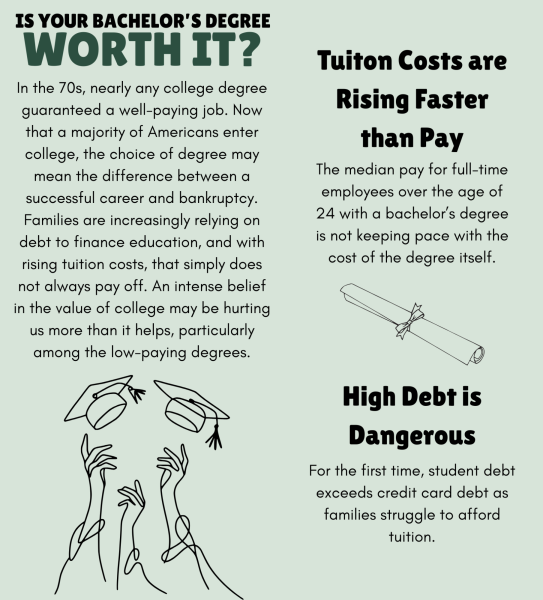Solving crime isn’t a job for TikTok detectives
TikTok investigators are on the case, leading police on a wild goose chase. After the murders of four college students in Moscow, Idaho, internet sleuths believed they held the key to solving the whodunit. Apps such as TikTok, Twitter and Instagram were flooded with theories regarding the quadruple homicide.
Social media sleuths hampered the police investigation of the Idaho murders. Suspect Bryan Kohberger’s arrest blindsided the public since attention was focused on cleared suspects and skewed testimonies.
While social media bridges the gap between the police and theorists, it mainly promotes baseless rumors. Internet theories about the Idaho murders prove the irreparable damage that can be done by misinformation. The Moscow police wasted days researching useless tips and inaccurate claims. Thousands of misleading claims overshadowed many influencers’ good intentions. TikTok users like Mysteriously Brittany made claims that locals, such as a food truck owner, were potential suspects in the case. And she wasn’t the only one who thought she was helping the investigation.
According to the New York Post, police received over 20,000 tips from internet sleuths about the Idaho murders.
An investigation that should have been an open-and-shut case almost went cold.
Internet detectives spent hours tracking suspects, debating possible motives and reconstructing the crime scene.
The small community of Moscow faced intense scrutiny over the past few months. Amateur detectives throughout the United States visited the town, determined to solve the mystery. Some influencers even explored the crime scene, which could have potentially contaminated evidence.
Even a professor at the University of Idaho was named by a psychic as the murderer, according to CBS News.
Suspect Bryan Kohberger appeared in none of the popular internet rumors surrounding the case. The identity of the Moscow police’s primary suspect remained a secret for almost two months.
TikTok sleuths ultimately failed to solve the case.
TikTok, Instagram and Twitter must become unbiased sources of information, not breeding grounds for misinformation. Unless supported by actual evidence, wild claims about the case should not be publicized. Then the police will be helped, not harmed using social media. Social media’s purpose is not to catch killers.
TikTok sleuths are just amateur detectives.
Let’s leave the case-solving to the professionals.





